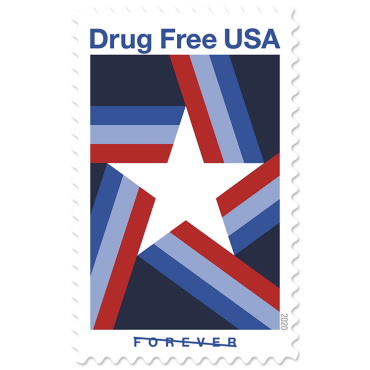Via Radley Balko: Mexico Lawmakers Reclaim Sovereignty From DEA
On December 15, Mexico lawmakers passed a law reining in the asymmetrical, imperialist influence of the United States’ Drug Enforcement Administration within the country. Supporters hailed the move as a reclamation of national sovereignty. […]
This limits their activities in the country to information-gathering, eliminates their legal immunity and assigns them reporting obligations. Agents will no longer be able to unilaterally execute arrests and raids, and will have to seek authorization from the Mexican federal government for their weapons. Permission from a newly formed security panel is also now required of any Mexican state or municipal official meeting with them.
This is good news, and way overdue.
While it hasn’t been talked about as much in recent times as the emphasis has been on marijuana legalization, the DEA, which has often acted as if it operates outside the law, certainly hasn’t been stopped. They may be less able to focus on marijuana, but they’ve still been pushing the drug war.
Drug warriors invested in the global dominance of the DEA have denounced the legislation. A few days before the Senate passed the law, US Attorney William Barr stated he was “troubled†by the legislation…
Yeah.


